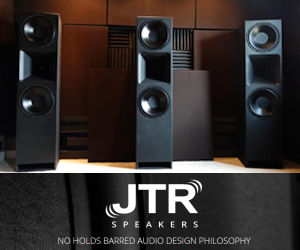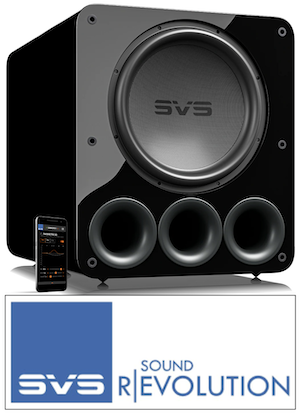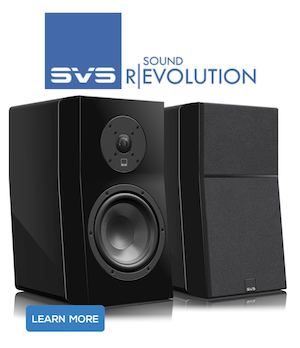Wayne A. Pflughaupt
Moderator
More
- Preamp, Processor or Receiver
- Yamaha CX-A5000 A/V Preamp / Processor
- Main Amp
- Yamaha RX-Z9 AV Receiver (as multichannel amp)
- Universal / Blu-ray / CD Player
- Denon DCT-3313 UDCI Universal Disc Player
- Streaming Equipment
- Roku Express
- Front Speakers
- Canton Karat 920
- Front Wide Speakers
- Realistic Minimus 7 (front EFX speakers)
- Center Channel Speaker
- Canton Karat 920
- Surround Speakers
- Canton Plus D
- Surround Back Speakers
- Yamaha YDP2006 Digital Parametric EQ (front mains)
- Front Height Speakers
- Yamaha YDP2006 Digital Parametric EQ (surrounds)
- Rear Height Speakers
- Yamaha YDP2006 Digital Parametric EQ (sub)
- Subwoofers
- Hsu ULS-15 MKII
- Other Speakers
- Adcom ACE-515 (for power management)
- Screen
- Pioneer PDP-6010FD 60" Plasma TV
- Video Display Device
- Yamaha DT-2 (digital clock display)
- Remote Control
- Stock Yamaha Remote
- Other Equipment
- Audio Control R130 Real Time Analyzer
Do old speakers need new capacitors?
I know older amplifiers need to have the capacitors replaced to maintain optimal performance. But what about old speakers? Do they need to be re-capped too?
Regards,
Wayne A. Pflughaupt
I know older amplifiers need to have the capacitors replaced to maintain optimal performance. But what about old speakers? Do they need to be re-capped too?
Regards,
Wayne A. Pflughaupt










